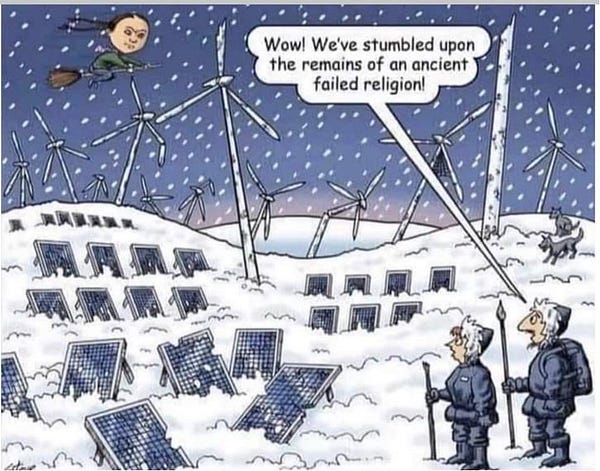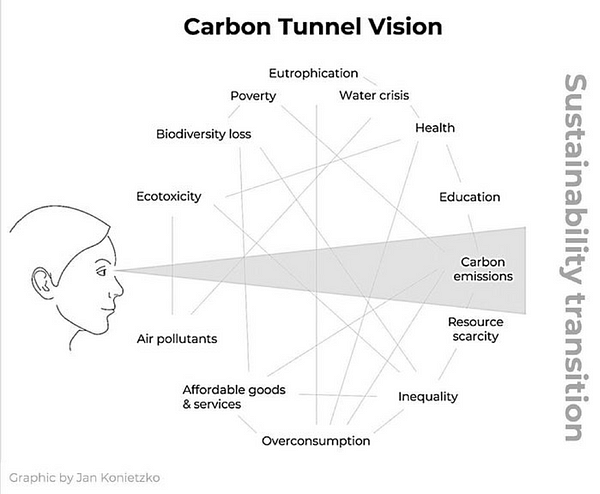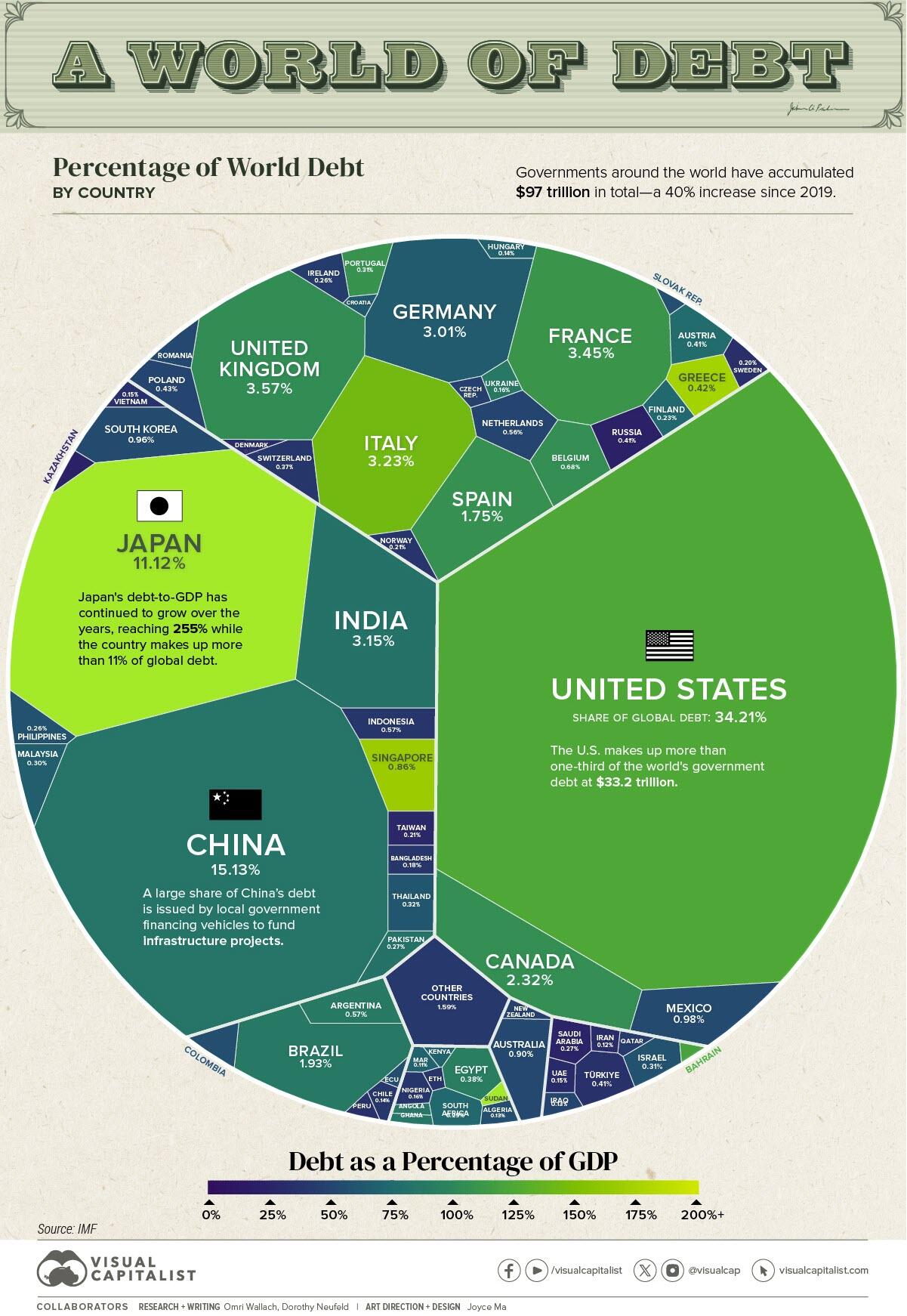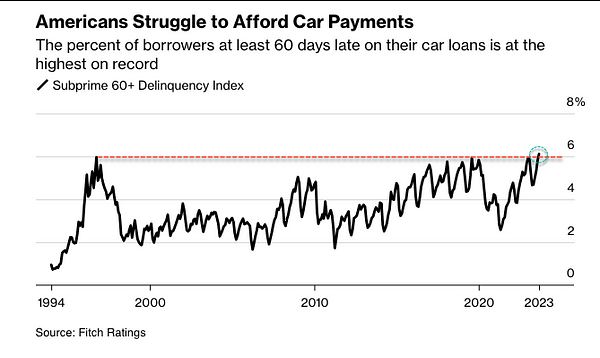JL: https://www.youtube.com/watch?v=GddxjCGlfiM
JS: JL, Major shortcoming. Rees attributes the growth imperative to “human nature.” In fact, all pre-capitalist societies did not have such an imperative, and grew only in an opportunistic manner here and there, with the norm being extended periods of steady state. Capitalism cannot do even slow growth, let alone steady state. He is clearly tied in his thinking to capitalism.
JL: Since it is apparently most of the current paradigm, I concur.
Me: JS, Not sure I agree. While I believe our current economic system — especially its ability to pull growth from the future via credit/debt creation — has turbo-charged our growth (as has our leveraging of hydrocarbons, and probably significantly more than economics has), most sources tend to trace ‘capitalism’ back to the 17th/18th century, some others to the Middle Ages (ca 14th century). But one hell of a lot of complex societies/empires/civilisations existed and tended to grow (too much) and then ‘simplify/collapse’ prior to this time, supporting Bill’s growth imperative argument — to say little about our species’ expansion from its beginnings on the African continent…growth does seem to be in our nature, especially once we had food surpluses.
DW: JS, capitalism can be thought of as a living entity, after all it is an extension of our minds which are driven by a biological need to breed. Nature has natural negative feedback, humans do not anymore thanks to fossil fuels, at least for now.
JS: Steve Bull: The Roman Empire was pretty much static for several centuries. The Mayan and Incan Empires did not expand beyond the ability of the imperial forces to control. Again static for centuries. There was no economic growth imperative during Feudal Europe. No pressure to grow or die till the advent of capitalism in late Medieval England.
Ellen Meiksins Wood Agrarian Origins of Capitalism
https://monthlyreview.org/…/the-agrarian-origins-of…/…
MONTHLYREVIEW.ORG
Monthly Review | The Agrarian Origins of Capitalism
JS: DW: See my response to Steve Bull right above. ^^^
Me: JS, I believe there would be many pre/historians who would disagree with your assertion that the three empires you name were ‘static’ for centuries; or any for that matter. And if they were, it was not because they didn’t want to pursue growth; it was because they no longer could ‘afford’ to.
In fact, archaeologist Joseph Tainter looks at two of these in detail (Roman, Mayan) and appears to conclude that both of these expanded until they no longer could due to diminishing returns on their investments in complex expansion. Once they reached their expansionary ‘peak’, they began to use surpluses or other means (e.g., increased taxes and currency devaluation; increasing warfare; expansive agricultural/hydraulic engineering) in an attempt to maintain the status quo that on the surface would have appeared as being ‘static’.
In both cases the expansionist policies reach a peak and some semblance of continuity was achieved by depleting their capital resources to sustain themselves for as long as possible, but their people were experiencing tremendous and increasing stress over those years — until the costs of supporting their sociopolitical system were well above any perceived benefits and they ‘walked away’ leading to societal ‘collapse’.
It seems that as with any biological species, humans will ‘grow/expand’ in population (and thus planetary impact) if the resources are present. If the resources or the technology to help procure such resources (be it accessing hydrocarbons, hydraulic engineering to increase food yields, military incursions, and/or financial/monetary accounting gimmickry) are not present, then that growth will not tend to occur much past the natural environmental carrying capacity — as seems to be the case for many smaller, less complex societies.
Yes, human expansion/growth is limited but probably not because we don’t have a desire to pursue it but because there are hard, biogeophysical limits that we cannot overcome; when we can overcome them as has been the case for some large, complex societies (mostly due to their ‘technologies’ that have helped them to increase available resources), it seems we tend to grow/expand.
Throw on top of this tendency of a species to grow/expand when the resources are available a one-time cache of tremendously dense and transportable hydrocarbon energy that allows the creation of all sorts of tools to expand our resource base almost unimaginably and a monetary/financial/economic system that can appear limitless due to credit-/debt-expansion and hypergrowth seems inevitable and virtually impossible to control/halt…no matter how many of us understand the double-edged nature of this expansion on a finite planet.
JS: Steve Bull: Those empires had the OPTION to not grow given it would be too expensive. Under capitalism, there is no such option. Only twice before has global capitalism entered a period of no growth/negative growth lasting more than a year or two, and i’m talking on GLOBAL terms. This was in the early 1910s, and in the 1930s (starting in late ‘29). Both these situations led to world wars. The global system has been doing its best to avoid a collapse for 5 decades now. A collapse was prevented in late 2019 only via the largest ever injection of money by the world’s central banks, and this led to the shutdown of 2020, basically putting the world’s economy into an induced coma. Excellent analysis of this by John Titus at “The Best Evidence.” This is his most recent video, from October.
https://www.youtube.com/watch?v=W0u5h579ZeU
YOUTUBE.COM
Presenting the Fed’s Perfect Plan for U.S. Dollar Oblivion
JS: Steve Bull: and from the other side of the political spectrum, but with the same conclusions, “Marxist” Fabio Vighi.
https://www.youtube.com/watch?v=IjCwEv4luB8
YOUTUBE.COM
Endless emergency? The Lockdown Model for a System on Life Support | Prof Fabio Vighi
Me: JS, While I don’t disagree with the additional and significant pressure placed upon current human systems to continue growing due to the economic/monetary/ financial systems that they employ (a debt-/credit-based currency being a significant factor), I believe that the biological/physiological imperatives may ultimately be more influential in the long run and, as Bill Rees argues ‘natural’. It is not just human populations that expand to fill their environments based upon available resources but all species. Throw on top of this consideration the Maximum Power Principle that Erik Michaels has emphasised in a number of his articles and it would seem we are at the mercy of our genetic predispositions.
The ability of us naked, story-telling apes to employ a variety of tools (from agriculture to modes of economic production, and everything in between — but especially leveraging energy from hydrocarbons) to influence our resource extraction and use — has turbo-charged our natural growth/expansion tendency. It seems only when we have reached hard, physical limits to that do we stop. In fact, it appears we almost always go over our natural carrying capacity in one way or another (overshooting it) because of our tool use and attempt to extend our run, but then we are forced to contract/simplify…but not by our choice; it is usually by way of external factors, be they economic or ecological.
Despite the ‘option’ of not overshooting natural limits being theoretically possible (and, certainly, the best one to pursue), it seems our species rarely if ever do so willingly. Intelligent, just not very wise.
JS: Steve Bull: With capitalism, there is not gonna be any respect to natural limits, no matter what. Slow growth is not gonna be an option. Pedal to the metal, till extinction. Previous societies did eventually pay attention to these limits. This pressure by capital is not “significant,” it is overwhelming, impossible to overcome within capitalism. “Money doesn’t talk, it swears.”
Me: JS, I’m not convinced many if any societies willingly respected natural limits. Slow or no growth was imposed upon them. Humans like to believe we have agency in such matters but I am increasingly unconvinced of that.
JS: Steve Bull: you’d have to explain thousands of years of stable indigenous societies in the Western hemisphere before colonial times.
And there is no imposing any limits on capital. It will destroy the planet an all humans if that’s what it takes.
JL: In the final analysis, overshoot prescribes that we ultimately fail, much like the previous civilizations in past history. We continue to expel other life as we make our way to our perceived rewards which will be that we cause our own penultimate extinction or reduction to meaningless numbers. Humans cannot be the only life around, although they live like they are the only organism above most life extant…
Me: JS, An FYI that I am penning a somewhat lengthy response to your last comment that I am going to post as a new Contemplation, hopefully in the next few days — a tad distracted with ‘holiday’ commitments.
















